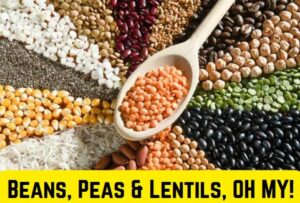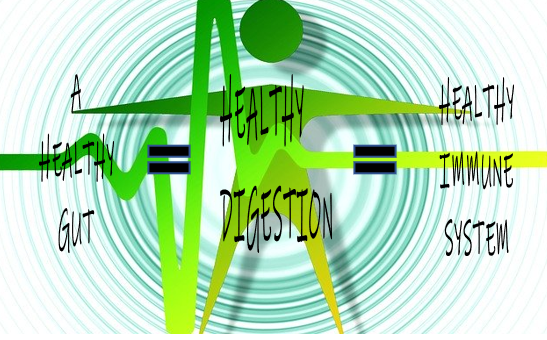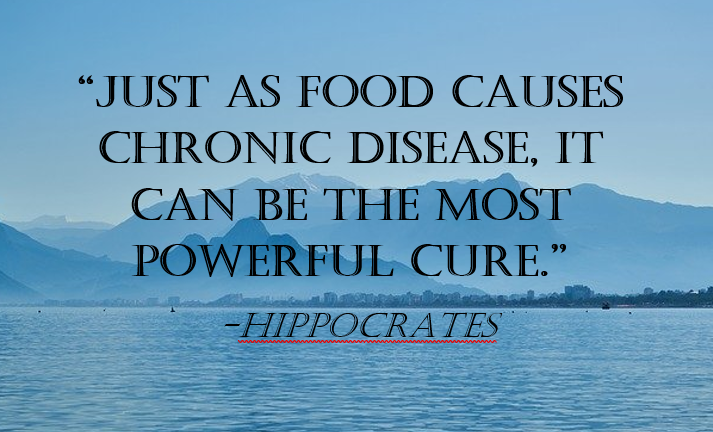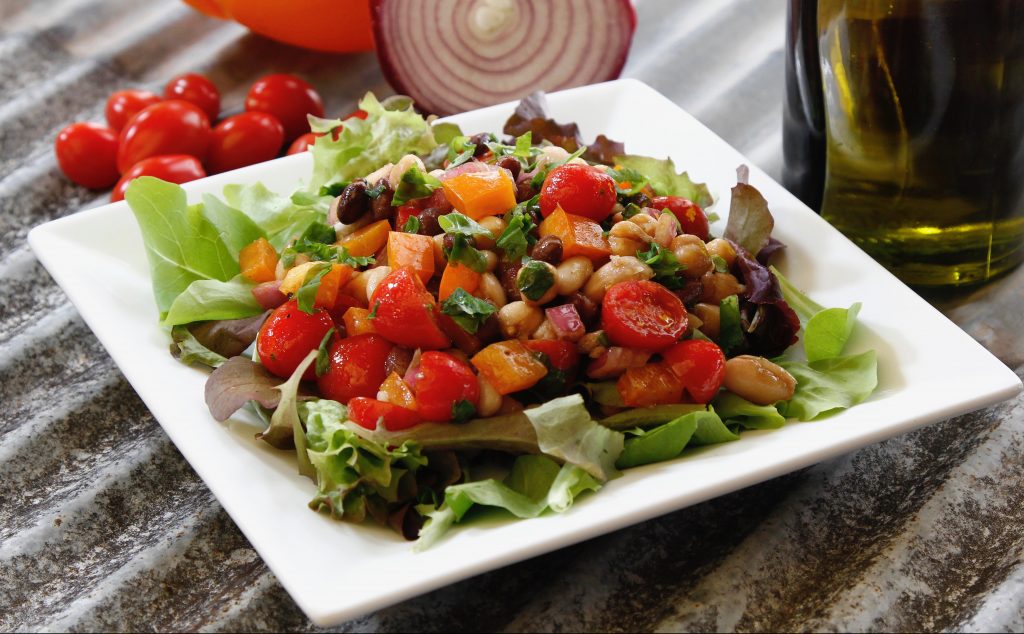Did you read our coaching tip about how not all calories are created equal?
We talked about how many REAL FOODS are nutrient dense, low in calories and help you feel full. And when you eat these foods, it frees you from feeling like you need to count calories.
One of these foods is the humble – and often underappreciated – family of plants called legumes, which includes beans, lentils, chickpeas and peas. Stop for a minute and think about how often you include legumes in your routine. Is it every day? Once a week? Once a month? Ever?
In one study, researchers conducted a test. One group was asked to eat 500 calories LESS per day. The other group was required to eat MORE calories by adding five cups of legumes each week without changing their diet in any other way. After eight weeks, can you guess what happened?
The “more-food” group won!
Actually, both groups had about the same drop in weight, waist circumference and blood pressure. But the legume-rich diet led to additional health benefits. WOW! We don’t know about you, but given the two choices, we would much rather eat MORE than LESS and achieve better health!
So, what exactly are legumes?
Legumes are edible seeds that come from a group of powerhouse plants. There is a great variety of legumes including…
- Beans…the magical fruit! This is the most common type of legume and includes a wide variety such as black beans, garbanzo beans (or chickpeas), navy beans, kidney beans, cannellini beans, lima beans, soybeans (including edamame), and more.
- Peas…and not just the typical green pea, but also sugar snap peas, snow peas, split peas, and black-eyed peas.
- Lentils! Because they are harvested for their seeds, lentils are considered legumes.
- But wait, there’s more! Some legumes are “nuts!” For example, because peanuts come with self-opening pods, they are considered legumes.
Why legumes?
Legumes are among the most nutrient-dense foods available. Packed with protein, fiber, iron, and potassium, they provide huge health benefits:
- Rich in fiber. Like many REAL foods, they promote healthy digestion, support good gut health, and help regulate blood sugar levels. Since they also promote satiety, adding legumes to your meals can help you feel fuller for longer.
- Protein power. They are an excellent source of plant-based protein. They are an ideal replacement for meat, which is a double whammy of calorie savings and added health defenders! Mountains of research support a “plant-predominant” diet, and trading meat for beans is a great way to get your share of plant-based nutrients.
- High in potassium. In fact, many are higher than a banana! So, legumes are magnificent to help drop blood pressure.
- Reduce your risk of heart disease! Eating beans several times a week can significantly reduce your risk of heart disease. Why? Because of their amazing ability to sop up cholesterol — just think of beans as little cholesterol sponges!
- Blood sugar regulation. Even though beans are starchy, their complex carbs and fiber slow the release of sugars into the blood stream. This makes them particularly beneficial for people with diabetes or those looking to prevent blood sugar fluctuations.
- Longevity and disease prevention. They contain numerous plant compounds that are known to help our bodies defend themselves from carcinogens. Essentially, neutralizing them from our bodies. Research from the Blue Zones reveals that legumes are a dietary staple among the world’s healthiest populations. Regular consumption is associated with a reduced risk of chronic diseases like cancer, diabetes, and heart disease.
- Affordable and sustainable. They are budget-friendly and widely available, making them a great option for everyone. Plus, they are one of the most environmentally sustainable protein sources. Growing legumes requires less water and emits fewer greenhouse gases compared to animal protein production.
How often should we eat legumes?
In his book, How Not to Die: Discover the Foods Scientifically Proven to Prevent and Reverse Disease (which we highly recommend), Dr. Michael Greger presents scientific support to his recommendation to eat beans three times a day.
WHAT?! THREE times A DAY?
The problem is, most Americans only consume beans in their sugar-laden baked beans in the summer or their chili in the winter!
So, let’s be realistic…what if we shoot for eating 1/2 cup of beans (or other legumes) at least 4 times per week?
Here are at least 10 great ways to do it!
- Add beans to your salads. This tip alone can help you enjoy beans several times a week! One of our favorites is the Chile Lime Salmon Fajita Salad.
- Trade in Ranch dip for hummus! Eat like the Mediterraneans — hummus is perfect to snack on with raw veggies any time of the day!
- Keep dinnertime quick and easy with Buddha bowls — including legumes! Try the Roasted Veggie Bowl with Secret Sauce — it’s an Eat REAL America member favorite!
- Add beans to tacos, nachos, or Loaded Mexican Sweet Potato Fries!
- Include legumes in your soups, such as the Red Lentil Tomato Soup.
- Roast them! They are excellent on salads, Buddha bowls, and so many other things. Check out the Roasted Chickpeas and Pear Salad.
- Enjoy bean salads for summer picnics and potlucks – try the Healthified Three Bean Salad — it’s sure to be a hit!
- Baked beans can be made healthy and delicious — the Stove Top Baked Beans are perfect for your summer get togethers!
- Sweet treats?! No one needs to know, but you can even put legumes in delicious desserts like dessert hummus, the Chocolate Chip Pecan Blondies, or the Black Dream Chocolate Cupcakes!
- Start the day off with beans for breakfast — try the Mexican Breakfast Pizza or the Chipotle Huevos Rancheros with Corn and Black Beans.
We hope this “eat more legumes” message provides inspiration for a very simple (and cost saving!) step that can help you find your best health.
And we are here to help you do it deliciously!
 LEARN MORE ABOUT THE NAPKIN!
LEARN MORE ABOUT THE NAPKIN!







My husband likes wraps so I do a quick fork mash of the beans being used rather than buying canned “refried beans’ which have unhealthy things added to them. Then we heavily add a variety of veggies and even a dollop of Greek yogurt. Bean soups and bean salads are always a fav! Absolutely love ERA’S bean recipes, BLONDIES and outstanding BLACK DREAM CHOCOLATE CUPCAKES made with Black Beans!
On our last cruise I fell in love with their lentil soup. I started thinking of ways to add lentils. I have been adding them to my ground turkey on taco night! Everyone loves them!
I love black beans. I try to eat them on a regular basis because of the amount of iron they contain. A great way to incorporate them is in a smoothie.
I enjoy making soup with lentils, split peas, blackeye peas etc. I also mix them in with quinoa, brown rice or pasta.